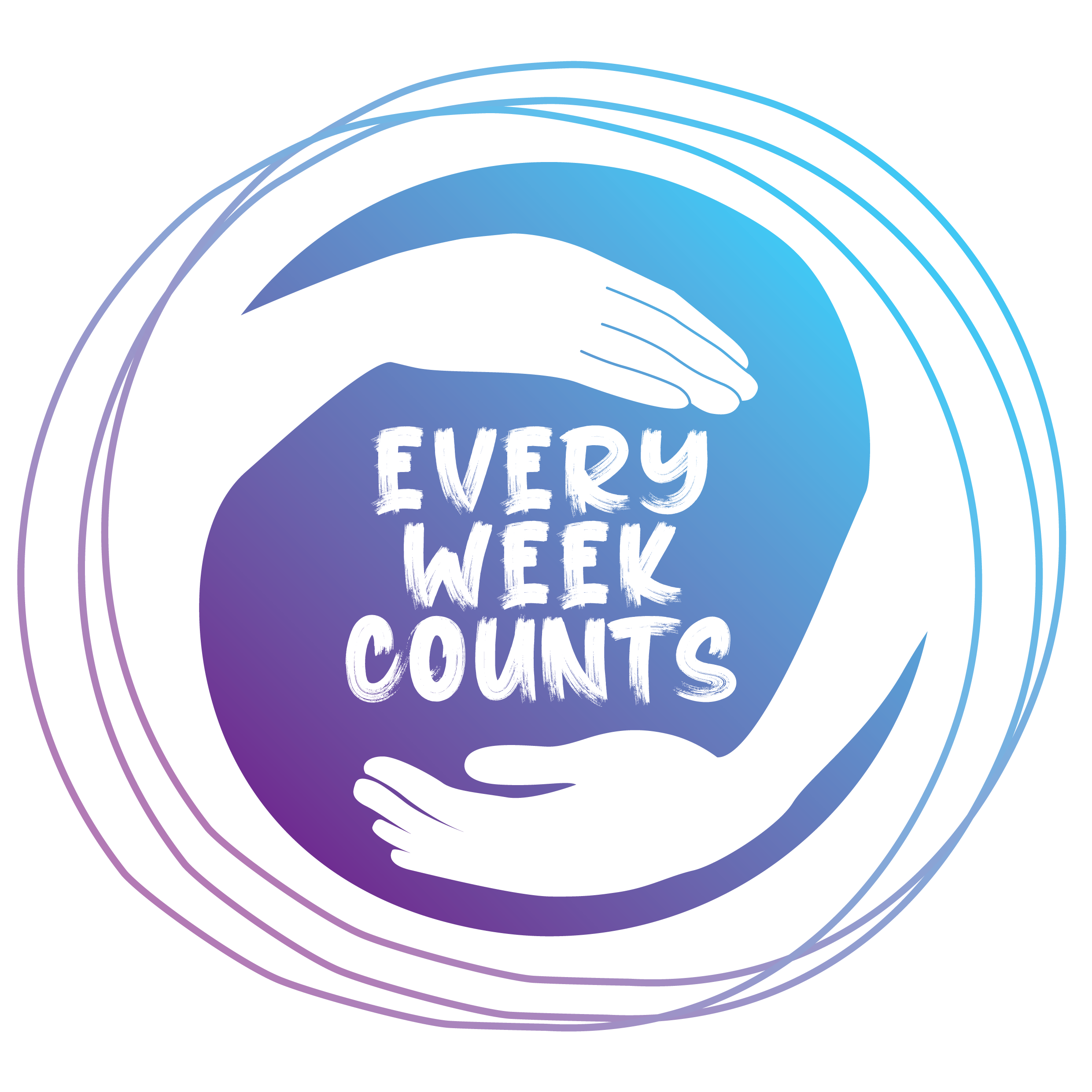
Through research we’re discovering that every week your baby continues to grow inside you makes a difference to their short and long term health outcomes.
For all pregnant women, there’s an optimal time for their babies to be born. If the pregnancy is healthy and progressing without any issues, that’s as close to 40 weeks as possible. If there are health complications, the timing of birth should be guided by your healthcare professional, with the pregnancy continuing as long as it is safe for mother and baby. If labour starts naturally at 38 or 39 weeks, don’t fret – in a typical pregnancy, it just means your baby is ready to be born.
Your baby still has growing to do, is still developing and is becoming stronger right up to 40 weeks of pregnancy. Recent research is starting to demonstrate what this means to babies born before their due date – even by 1 or 2 weeks. Every week that a baby is born before 40 weeks can impact their health – whether that’s increasing their need for medical treatment at birth or related to brain development and future learning difficulties.
Aiming for 40 weeks to give birth offers you and your baby health benefits. So have a conversation with your healthcare professional about the timing of your baby’s delivery. You may even find it useful to direct them to this website.
See the benefits to babies, with every week you remain pregnant up to 39 to 40 weeks.
The weeks below are interactive!
Click through to find out more.
As research in neuroscience and imaging advances, we are able to see babies’ brains more clearly – even before they are born. This is improving our understanding of the brain and how it develops during the last few weeks of pregnancy.
The third trimester of your pregnancy is from week 29 to week 40 – in other words, months seven, eight and nine.
Find out more in our ‘Research’ section. This information about the possible effect of an early birth on children’s brain development potential can be found in the study by researchers Walsh JM et al.
There are a number of reasons that babies may need neonatal intensive care when they are born, including breathing difficulties and infection. Every week that a baby is born closer to 40 weeks decreases their risk of having to spend time in intensive care. Babies may be sent to intensive care for a few hours, a few days or even a few weeks, which means that they are separated from their mother so that they can receive specialised medical care. The first days and weeks after birth are an important time for the mother and baby to bond and begin feeding patterns, so reducing the risk of separation is of great importance.
These statistics are based on the collection of birth data in New South Wales for the period 2006 to 2015.
A large New South Wales population-based study investigated the association of when, and how babies are born with early child development. Children born from 32 weeks onwards were assessed in 5 areas: physical health and well-being, language and cognition, social competence, emotional maturity, and general knowledge and communication. You can find this study by Bentley JP et al. in the ‘Research’ section.
We recognise Aboriginal & Torres Strait Islander People as the traditional custodians of the lands on which we live and work and acknowledge that sovereignty of the land we call Australia has never been ceded. We commit to listening to and learning from Aboriginal and Torres Strait Islander people about how we can improve experiences & outcomes of healthcare for Aboriginal & Torres Strait Islander children and young people, their families & communities.
We acknowledge Māori as tangata whenua (original inhabitants) and Treaty of Waitangi partners in Aotearoa New Zealand. We recognise the tikanga (customary practices) of Maori and support their right to tino rangatiratanga (sovereignty). We commit to listening to and learning from Māori people about how we can improve experiences & outcomes of healthcare for Māori children and young people, their families & communities.